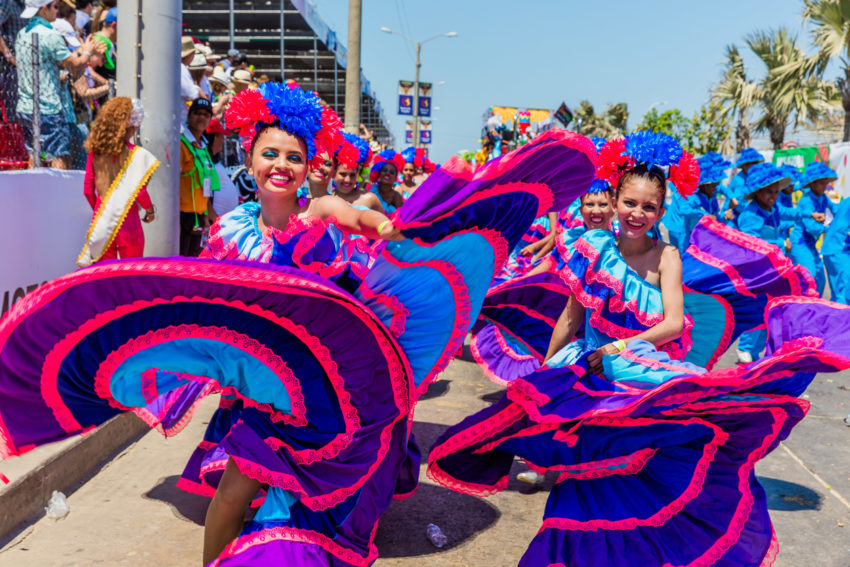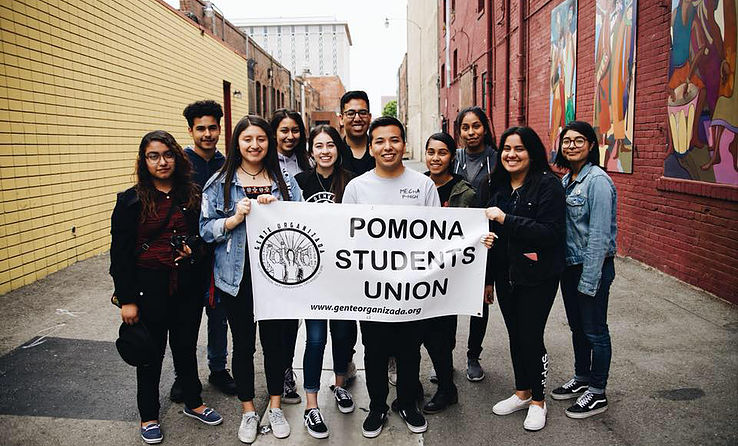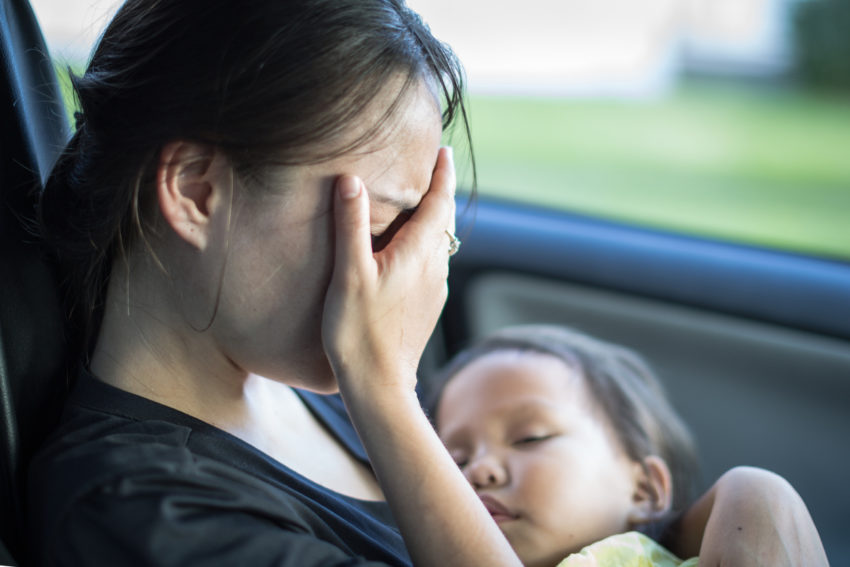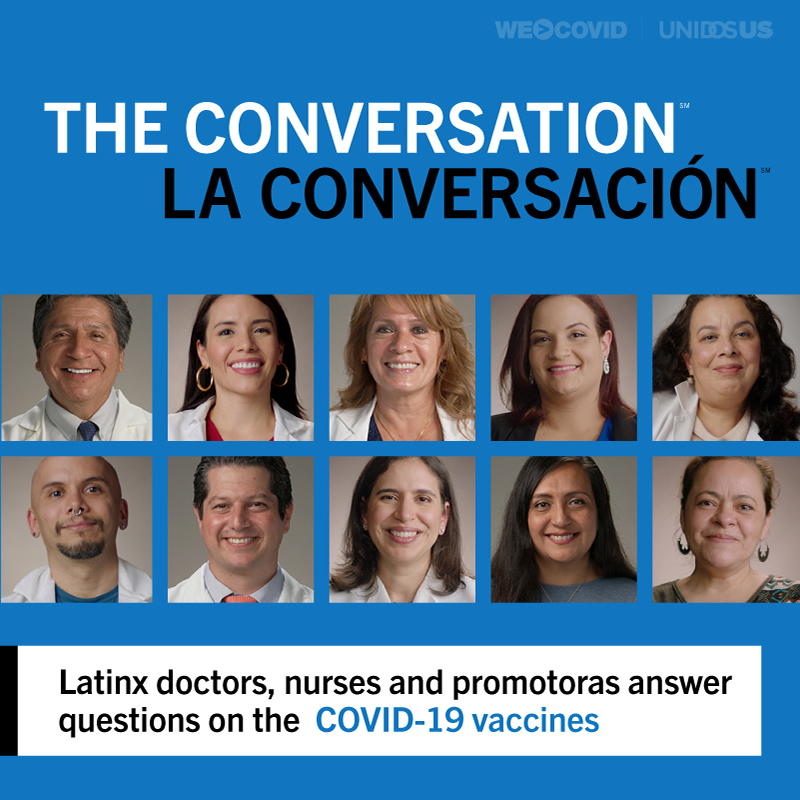Study: Language Isolation Affects Latino Health

Older Latinos who live in neighborhoods where little English is spoken are at a higher risk of poor health and early death, according to a new study from the University of Georgia. “If you are linguistically isolated, you’re very likely to be isolated socially, and we know social isolation contributes to mortality,” said Kerstin Emerson, a co-author of the study. The study has implications for how language barriers and social cohesion in a community can affect health, particularly among elderly Latinos. What Does the Study Say about Language Isolation? Researchers at the University of Georgia’s College of Public Health conducted the study to determine if neighborhoods that are linguistically isolated impact health. The study analyzed data from a survey of over 1,100 ...
Read More







